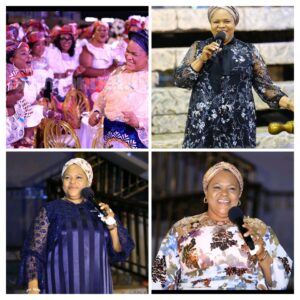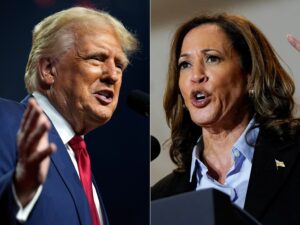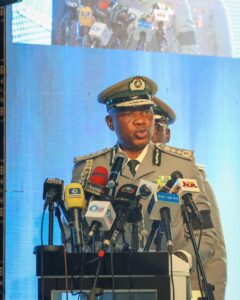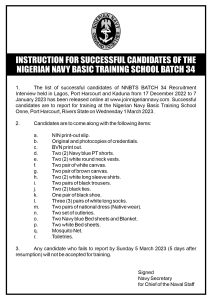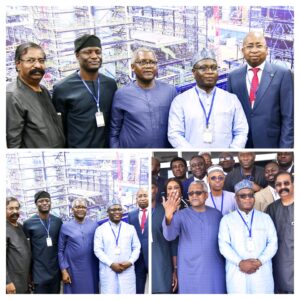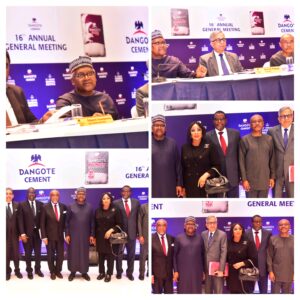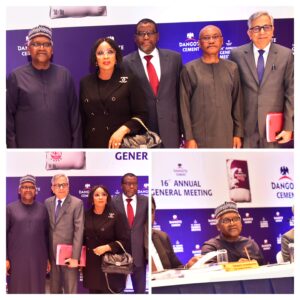Analyzing The Structure Of Nigeria

Share this Post
“As soon as the 1914 Amalgamation came into force, the British Government enacted the Minerals Ordinance, 1914, investing all the minerals including oil and gas in Nigeria in the British crown. This was not amended until 1958-two years to our 1960 independence” (Richard Akinjide)
At independence in October 1960, the Federal Government took the place of the British Crown and that structure is intact today under our various Petroleum enactments. From regional governments to the formation of states by the military government in 1967, the central government has retained control of mineral and oil resources.
Under the brief period of civilian rule between 1979 and 1983 this structure was preserved but was now backed by the constitution and a revenue sharing enactment. The parties to the revenue sharing were the Federal Government, State Governments and Local Governments which the military had introduced as the third tier of government.
The situation has not changed much since the return to civilian rule again in 1999, the only slight alteration being in tinkering with the revenue sharing formula. Additional provision has now been made for States from which the bulk of oil and gas resources are derived.
Even at that, these allocations do not go directly to the peoples in the communities where there is oil and gas but to their State governments and other statutory formulations. Copying from the British Crown, successive administrations have perfected the act of forming artificial entities for spending allocations of revenue.
These are the FG’s 1000 ministries, departments and agencies of governments including committees, commissions, and task forces both statutory and non-statutory, the 36 States and 774 Local Government Areas, who yearly formulate budgets on our behalf but without inputs from Nigerians which they submit to their relevant legislatures which when approved have the force of law.
In military governments the soldiers were both the requesting and approving authorities and even the executive and legislatures in a democratic government usually belong to the same political party. Of all Government ministries, agencies and departments, the Revenue Sharing and Allocation Commission is the most efficient.
It ensures that the Federal, States and Local Governments get their share of revenue allocation on or before the 26th of each month. Having legitimized access to revenues, being part of government became the easiest means of having direct access to these revenues and how they were disbursed.
Under the civilian governments, the procedure for budgeting and approval is pretentiously long but at the end of the day, everyone in the set up gets compensated.

Knowing that all that stands between them and direct access to what now runs into trillions of Naira yearly are elections that they have to plan, organize and conduct.
Political rulers see no reason why they should not manipulate the electoral process to ensure their perpetual reign. We have men and women, who under some altruistic purpose are actually helping themselves to the resources of the state like the British and the military before them.
To these people, the issue has never been and will never be about the Nigerian people but about the sustenance of a structure which dutifully served the British and the military. Talk of rotation of power among the geopolitical zones and of power shift between the North and the South are but mere variants of the same structure.
In the midst of all these alignments and repositioning, the mass of Nigerians have remained poor, unhealthy, uneducated, unemployed, homeless, hungry, destitute and abandoned. But at the first hint of trouble those with direct access to state resources and those who want direct access will play the ethnic, religious or gender card to achieve the desired result.
This is what the structure of Nigeria is all about, not people but access to state resources as it was under the British colonialists and the military oligarchies. Meanwhile, the mass of Nigerians across all geo-political zones, religion and ethnic considerations are suffering from the same basic problems
Nigeria gained true independence from the British after the Nigerian civil war while we gained independence from the military after the June 12 elections and the death of MKO Abiola. But Nigerians are yet to gain independence from their political structure and the overlords who presently use it to rule Nigeria and are prepared to do so in perpetuity.
I cannot pretend to know at what cost that independence will be obtained from the political ruling class but the price will be steep. If any blood must be spilled then it has to be the blood of Nigerian people so that evil men will not size that opportunity to unleash the forces of hell in their attempt to preserve the status quo. *copied *




